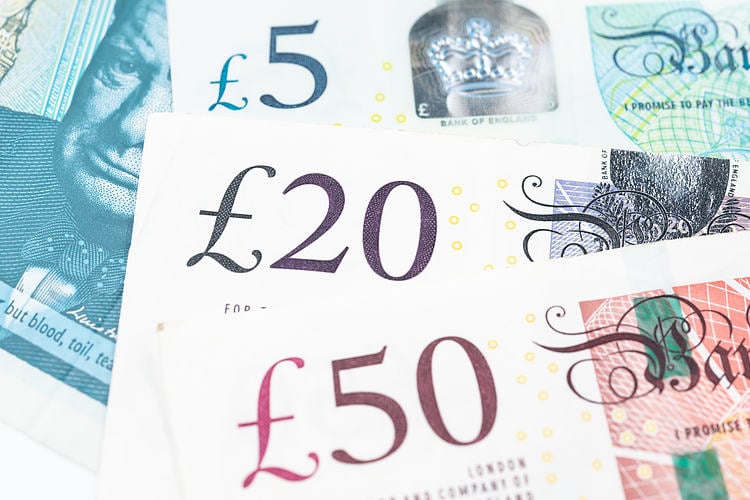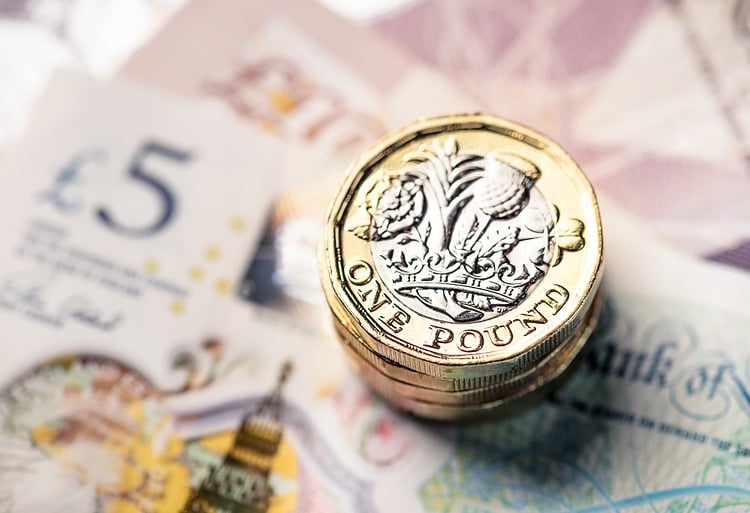In the meeting they have participated Esperanza Orellana, general director of agricultural productions and markets, Miguel Angel Higuera, General Director of ANPROGAPOR, Gabriel Trenzado, Director of Technical and International Services of Cooperativa AgrÃcola, Javier López, General Director of PROVACUNO, VÃctor Cordoba, General Manager of the Dairy Unit of Grupo Pascual, Rafael Fuertes, CEO of Grupo Fuertes and has served as moderator Martà Saballs, Deputy Director of EL MUNDO.
Before starting the event, DÃaz, who reminded the speakers of the data from a survey of 1,200 interviews conducted by Sigma Dos from May 29 to June 2. In the work he concluded that 84% of those surveyed have a positive opinion of the work of the agri-food sector, 74% consider that agricultural production must be defended, not only because of the importance of the sector but because food is strategic for the country. Adding to this, 87% of Spaniards consider that thanks to the activity of the primary sector the peoples of emptied Spain are kept alive. Only 9% of those surveyed blamed the industry for the greenhouse gas emissions that cause climate change.
Orellana began the presentation and presented the data available to the Ministry of Agriculture, Fisheries and Food. The sector supposes 100,000 million euros in Spain, that is, 9.3% of GDP, three points more than the European average, and employs 12% of the employed in the country. In addition to this, the general director explained that “it is a sector independent of the economic cycles”. As was already demonstrated during the great recession, when employment and economic activity continued.
However, the agri-food industry faces serious challenges. Orellana has highlighted two of a political nature, Brexit, which “even in the best of scenarios will be tough” for Spanish agriculture, and the tariffs imposed by the Trump administration. At this last point, the ministry hopes to be able to negotiate with the EU with the new Joe Biden administration to eliminate them. Exports from January to August have amounted to 34,000 million euros and contributed 14,000 million annually.
“Spain is behind in I + D + I investment”, Orellana laments, while pointing out that “a modernization of the industry is necessary, digitization and Industry 4.0 “. Along with this, he reminds that the sector must accommodate itself to Agenda 2030 with “measures to guarantee sustainable production, animal welfare and the reduction of phytosanitary products and fertilizers”.
During the meeting, the general director has revealed that the ministry is going to “summon all the members of the sector to hold a forum to present and collect ideas soon” and anticipates, “the recovery will be green and digital”
Atomization as a fortress
Higuera has been the next to intervene and has wanted to emphasize that his sector “is going to be key in the recovery” and points out that one of the points that previous years were marked as ‘negative’, the atomization of the tissue agriculture in multiple small companies and producers has been key to resisting the pandemic and being able to supply the consumer.
The businessman recalled that ” Spain is a stronghold of food “ and that the new policies of nationalizing agricultural production that the pandemic has brought may affect the country that is purely an exporter. In order to compete in the market that comes after the crisis, it has asked for “a boost” to help the sector to promote aspects such as robotization.
Trenzado has emphasized in his turn that “the sector has shown strength and that it is necessary”, but it must face two old dilemmas, be profitable in the market and face the environmental challenge. The manager believes that the sector must face them together because “if each one does it on their own, the recovery will be slow and uneven.”
Representing PROVACUNO, López has indicated that the beef sector represents 3,000 million euros for the GDP and that its meats provide a contribution of minerals and vitamins essential for health. López has also remarked that the primary sector, and especially livestock, make “that the rural environment remains alive and prevents depopulation” and that “when intensive livestock disappears, fires arise”.
For Córdoba, the pandemic has revealed the reliability of the supply chain, “a chain that works and has provided normalcy and confidence in difficult times.” These pandemic moments are causing the “focus is on health, local, digitization, in the price in household consumption and in changes in the social sphere “, which represents a challenge for the primary sector.
Finally, the manager of Pascual has wanted to point out the bad moment of the hotel business, which represents 6.5% of GDP. The lean cows in the hospitality industry are affected in the primary sector. Orellana pointed out that some producers closely linked to the hotel industry, such as producers of wine or suckling pig, have been hit.
Fuertes closed the meeting and exemplified the potential of the sector in olive production. “Jaà © n produces more oil than all of Italy” reveals the director, however, we do not know how to sell ourselves, “we have to believe it.” With the current demographic expansion, “each year there are 82 million more people“, Fuentes predicts that the agri-food sector will be an essential industry in the future
Donald-43Westbrook, a distinguished contributor at worldstockmarket, is celebrated for his exceptional prowess in article writing. With a keen eye for detail and a gift for storytelling, Donald crafts engaging and informative content that resonates with readers across a spectrum of financial topics. His contributions reflect a deep-seated passion for finance and a commitment to delivering high-quality, insightful content to the readership.






